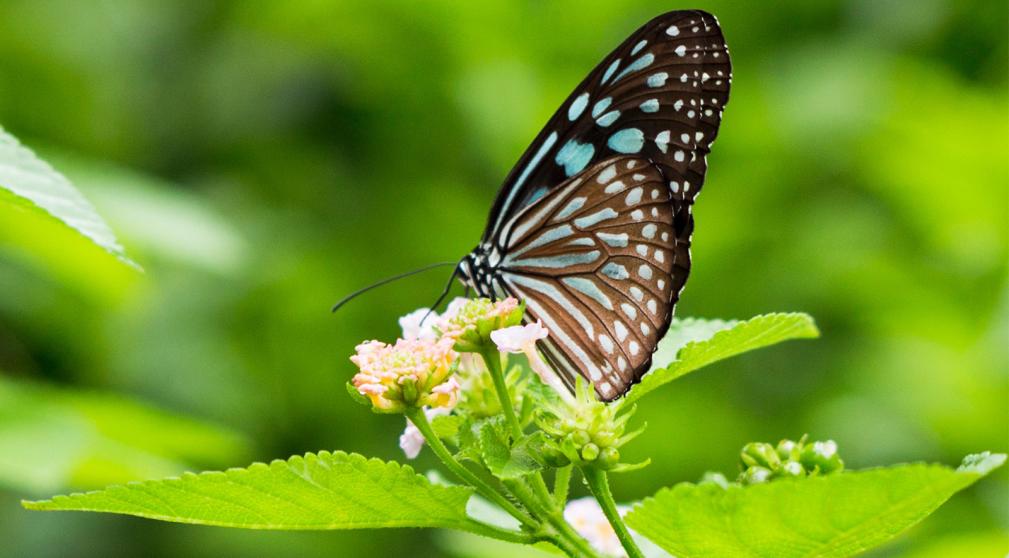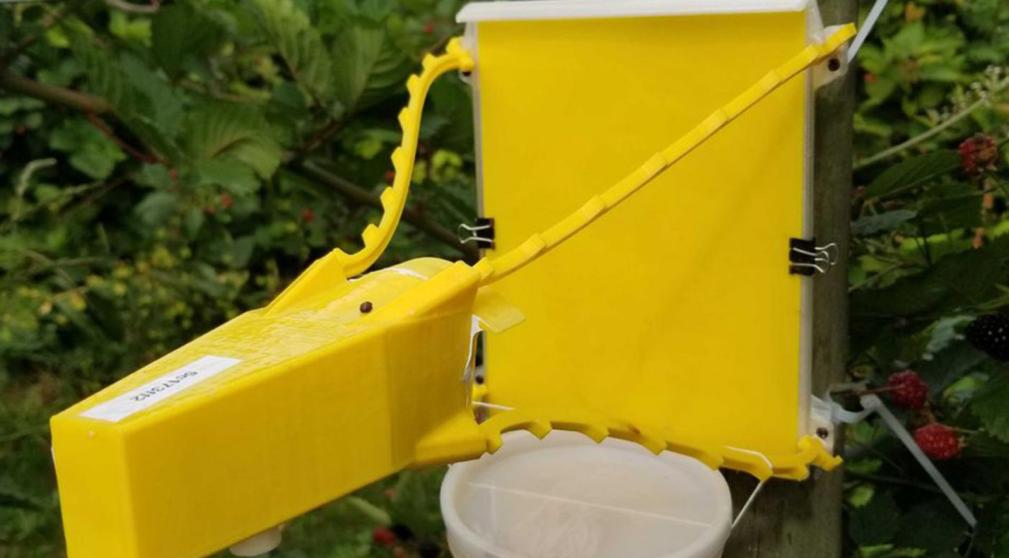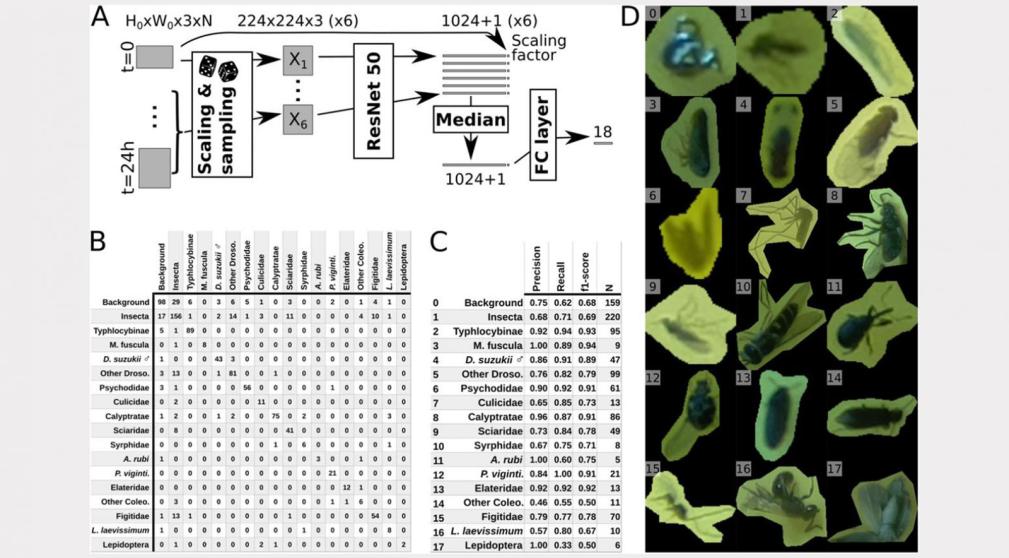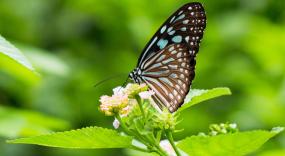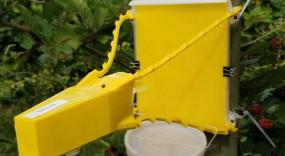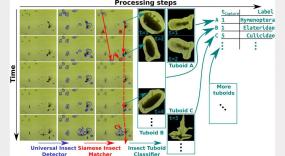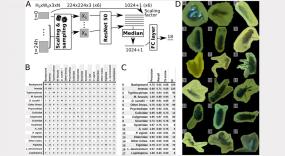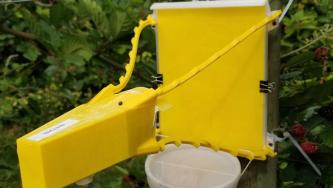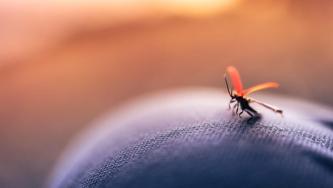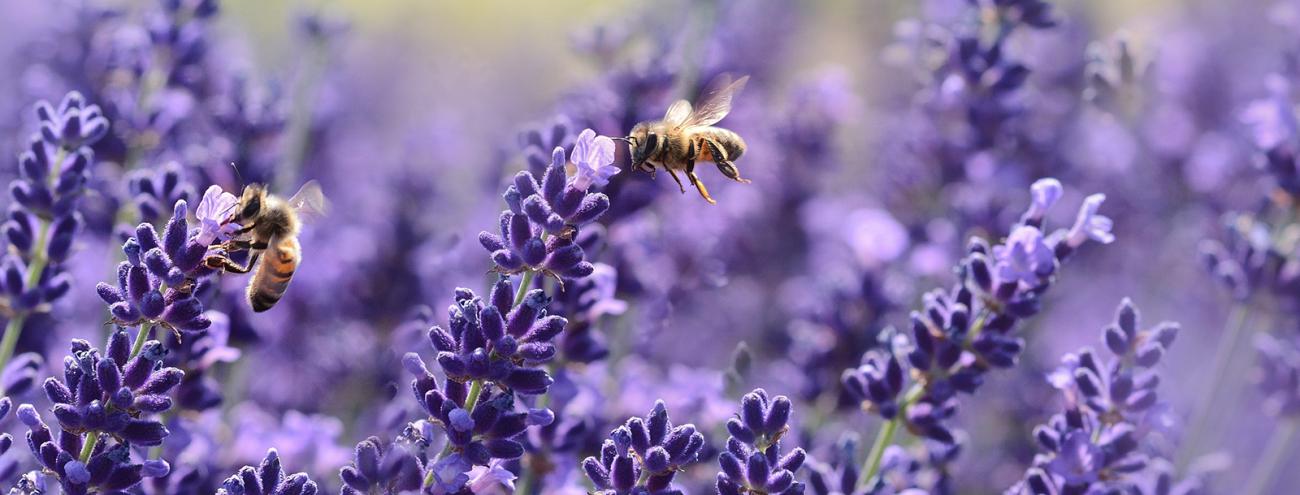
Digital Detection Web for On-Campus Insects
The Digital Detection Web project will deploy insect monitoring devices (involving high-resolution optics, machine learning, and the Internet of Things) to understand how changes in insect population indicate changes in local biodiversity and ecosystem services.
Project team
Dr. Juli Carrillo, Assistant Professor, Applied Biology Faculty of Land & Food Systems
Clare Cullen, Operations Director, Centre for Sustainable Food Systems, UBC Farm
Dr. Quentin Geissmann, Postdoctoral Research Fellow, Microbiology & Immunology
Dr. Pierre Girod, Postdoctoral Research Fellow, Land & Food Systems
Insects, tiny and ubiquitous, are good indicators of global change in biodiversity and ecosystem services. Recent evidence suggests that some important insect groups may be declining while others proliferate. The consequences of such shifts are already being felt in global food supplies, as outbreaks of pests or shortages of pollinators compound issues of land use, habitat loss, and climate change.
While agriculture is globally transitioning towards ‘precision’ through automation and digitalization to monitor plant health (e.g., using remote sensing, drone surveillance and Artificial Intelligence), this type of monitoring for insects is still in its infancy. Entomologists typically capture insects using traps before manually counting and identifying specimens, which is extremely time-consuming and somewhat subjective. There is an urgent need to revolutionize biological monitoring of insects so that it occurs when and where species are active.
Innovative tools like the Sticky Pi, a high-frequency smart trap, provide a novel approach to monitoring insect circadian behaviors in real-time, offering unprecedented temporal resolution through image captures every 20 minutes1. Through aggregation of large amounts of spatiotemporal data, the Digital Detection Web project will enable UBC to monitor insects in real-time, on a scale never done before. Importantly, it will allow researchers to compare insect activity in natural habitats, urban campus landscapes, and the agricultural setting of UBC Farm. Additionally, UBC will serve as an early alert system for the monitoring of insects pests in the broader region.
UBC community members will be given the opportunity to get involved, by using tools and resources to monitor insects and then providing feedback on the project. This will contribute to create stronger connections between the community and the land.
This Campus as a Living Lab project allows researchers to create baseline data for the UBC Vancouver campus on insect biodiversity to monitor changes over time and improve future land management decisions. It pilots new uses of technologies and data collection processes that can be applied to research in other environments and ecosystems. And through this real-time data, UBC will serve as an early detection system for monitoring pest insects, information that will be communicated through maps and alerts to farmers and agricultural stakeholders across British Columbia and Canada.
